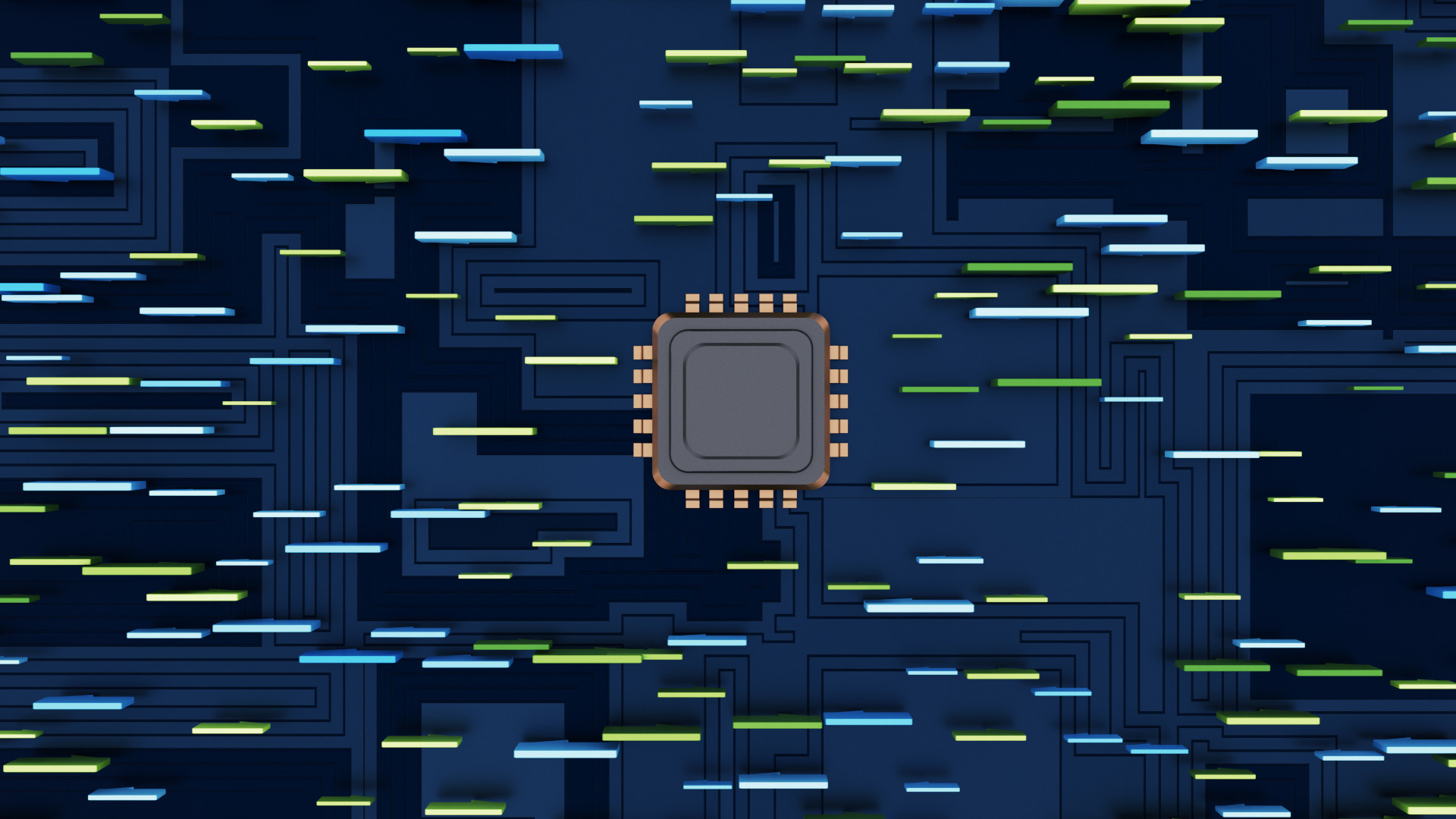Researchers Demonstrate Rapid, Viable 3D Printed TPU-PVC Organ-on-a-Chip, Advancing the Accessibility of In Vitro Technologies

Study in a Sentence: Researchers from Ritsumeikan University in Japan have demonstrated that commercially available 3D printing devices and materials can be used to create functional Organ-on-a-Chip (OoC) devices.
Healthy for Humans: The 3D printed OoC devices were fabricated significantly faster than conventional approaches, which typically rely on making molds, casting with flexible plastic, and bonding plasma to glass. The 3D printed chips were evaluated with various human cell types, including muscle precursor cells, endothelial cellsfrom umbilical veins, and optic vesicle organoids derived from stem cells. These cultured cells behaved like native tissue, forming aligned muscle bundles and extending neurites, along with expressing appropriate biomarkers.
Redefining Research: Traditional OoC fabrication requires specialized equipment and is time intensive. This study demonstrates that OoC devices can be 3D printed in a single step using widely accessible tools and materials. This work highlights a promising pathway for researchers, particularly those with limited resources, to prototype and develop human tissue culture platforms to replace animal testing with greater speed and lower barriers to entry.








